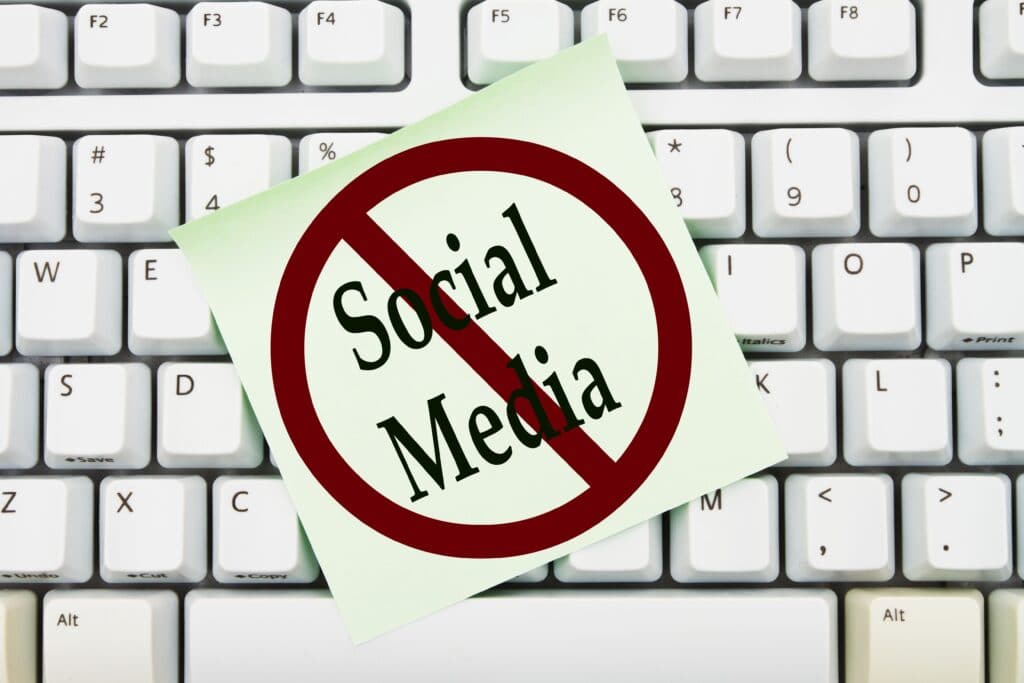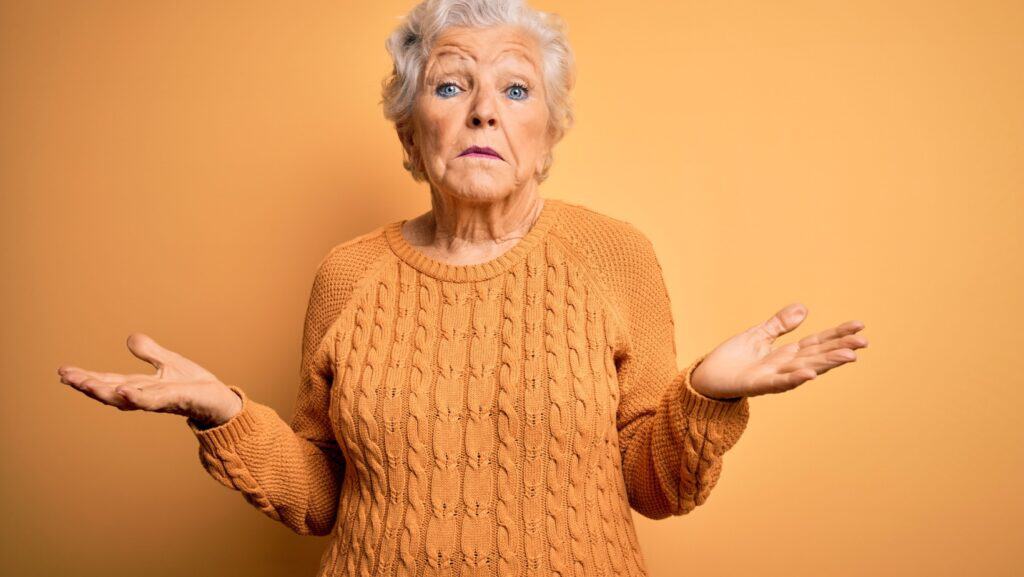7 Signs Of Orthorexia: When Healthy Eating Becomes An Unhealthy Obsession
Orthorexia, a term first coined by Dr. Steven Bratman in 1997, describes an unhealthy obsession with eating foods that one considers healthy. While not officially recognized as a distinct eating disorder in the Diagnostic and Statistical Manual of Mental Disorders (DSM-5), orthorexia shares many characteristics with other eating disorders, such as anorexia nervosa and obsessive-compulsive disorder (OCD). Learn what orthorexia is, its signs and symptoms, development, susceptible populations, diagnosis, and treatment options.
What is Orthorexia?

Orthorexia nervosa, commonly referred to as orthorexia, is characterized by an extreme fixation on the quality and purity of food. Unlike other eating disorders that focus on the quantity of food or body image, orthorexia centers on food choices perceived as “clean” or “healthy.” The pursuit of a perfectly healthy diet can lead to severe dietary restrictions, malnutrition, and significant emotional distress.
Signs and Symptoms of Orthorexia

Identifying orthorexia can be challenging because it often starts with seemingly healthy intentions. However, when these behaviors become compulsive and interfere with daily life, they may indicate orthorexia. Common signs and symptoms include:
- Obsession with Food Quality: Constant preoccupation with the healthiness of food, including its source, preparation, and nutritional content.
- Elimination of Food Groups: Avoidance of entire food groups deemed “unhealthy,” such as sugar, dairy, grains, or fats.
- Rigid Eating Habits: Adherence to strict dietary rules that cause distress when not followed.
- Guilt and Anxiety: Feelings of guilt, shame, or anxiety after consuming foods considered unhealthy.
- Social Isolation: Avoidance of social situations involving food to maintain dietary control.
- Decline in Physical Health: Despite the focus on health, individuals may experience weight loss, malnutrition, or other health issues.
- Self-Esteem Tied to Diet: A sense of self-worth that is heavily influenced by the ability to adhere to dietary rules.
How Does Orthorexia Develop?

Orthorexia often begins with a genuine desire to improve health through better nutrition. Over time, this desire can become extreme due to various factors:
- Cultural Influence: Societal pressure to pursue a “clean eating” lifestyle promoted by media, influencers, and diet culture.
- Personal Traits: Perfectionism, high anxiety, and a need for control are common traits among those who develop orthorexia.
- Traumatic Experiences: Past experiences with illness, weight-related bullying, or health scares can trigger obsessive health behaviors.
- Misinformation: Exposure to conflicting dietary advice and pseudoscience can lead individuals to adopt extreme dietary practices.
Beware Social Media

On social media, nothing needs to be fact-checked. According to Amy Goldsmith, RDN, LDN, “influencers can partner with a product or ‘expert’ simply for financial gain and to increase their online exposure without actually using the product themselves. Social media endorsements do not equal credibility.”
This is why it is so important that anyone who is trying to change their lifestyle habits turn to credited professionals, like Registered Dietitians.
Who is Prone to Orthorexia?

While orthorexia can affect anyone, certain populations are more susceptible:
- Young Women: Women, particularly adolescents and young adults, are at higher risk due to societal pressures around body image and health.
- Men: Although eating disorders are often underdiagnosed in men, orthorexia affects men as well, especially those involved in fitness, bodybuilding, or athletic communities.
- Middle-Aged and Menopausal Women: Hormonal changes, health concerns, and body image issues during menopause can increase vulnerability.
- Health and Wellness Professionals: Nutritionists, dietitians, personal trainers, and health enthusiasts may develop orthorexia due to their focus on diet and health.
- Individuals with a History of Eating Disorders: People recovering from other eating disorders might shift their obsession from calorie control to food purity.
Orthorexia Spans Ages

Orthorexia can affect people of all ages, including menopausal women. Amy Goldsmith, RDN, LDN, has been seeing more women with orthorexia in this age range, and yet, there is very little support for them.
“There is very little information or support for menopausal women, which forces women to advocate for themselves and/or do their own research. The United States as a whole does a poor job with fact checking and consumer protection. Most people do their research on the internet or social media, which is riddled with opinions, people who have had success on their own and want to emulate what they did for a profit, and influencers who are getting paid to mention products which contribute to the trillion-dollar nutraceutical market. As misinformation prevails and products fail, women’s self-esteem decreases. That can make them feel out of control. Often, women will turn to excessive exercise or restriction which becomes compulsive and strengthens an eating disorder.”
How Do You Know You Have Orthorexia?

Recognizing orthorexia in oneself can be difficult because the behaviors are often socially reinforced as healthy. However, self-reflection can help identify problematic patterns:
- Do you spend an excessive amount of time thinking about food and planning meals?
- Do you feel anxious, guilty, or distressed if you deviate from your dietary rules?
- Has your diet caused social isolation or conflict with others?
- Do you judge others based on their eating habits?
- Are you experiencing physical symptoms like fatigue, weight loss, or nutritional deficiencies?
If you answered “yes” to several of these questions, it may be time to seek professional help.
Who Should Treat Orthorexia?

Treating orthorexia often requires a multidisciplinary approach involving various healthcare professionals:
- Mental Health Professionals: Psychologists, psychiatrists, and therapists specializing in eating disorders can provide cognitive-behavioral therapy (CBT) and other therapeutic interventions to address underlying psychological issues.
- NOT “nutritionists”: Did you know that the term “nutritionist” is unregulated in the U.S.? Please seek help from a Registered Dietitian who has a specialty in disordered eating patterns.
- Registered Dietitians: Dietitians with experience in eating disorders can help reintroduce a balanced diet and correct nutritional deficiencies.
- Primary Care Physicians: Medical doctors can monitor physical health, manage complications, and coordinate care among specialists.
- Support Groups: Peer support groups for individuals with eating disorders can provide community and encouragement during recovery. Please make sure they are supported by a qualified medical professional.
- NOT social media: For instance, you might find a Facebook Group, but please review who is administrating and moderating. They should be a qualified medical professional.
Checking Credentials

“Check and see if the person has letters after their name and understand what the letters mean,” suggests Goldsmith. “If the person has a website, you can see where they work and what their qualifications are. You can see if there is a research study linked to the information and if not, you can simply ask ‘can you provide evidence to support this information?’”
Treatment Approaches

Effective treatment for orthorexia focuses on both the psychological and physical aspects of the disorder:
- Cognitive-Behavioral Therapy (CBT): CBT helps individuals identify and challenge distorted beliefs about food and health.
- Nutritional Counseling: Guidance from dietitians to create flexible, balanced eating habits without rigid rules.
- Mindfulness and Stress Reduction: Techniques like mindfulness meditation can reduce anxiety and improve the relationship with food.
- Medical Monitoring: Regular check-ups to address any physical health concerns related to malnutrition or other complications.
Why Is Orthorexia Not Recognized In The Diagnostic and Statistical Manual of Mental Disorders?

The reason orthorexia is not recognized in the Diagnostic and Statistical Manual of Mental Disorders (DSM-5) is due to several factors:
- Lack of Sufficient Research: Although orthorexia is increasingly discussed in clinical settings, there is still limited empirical research defining it as a distinct mental health disorder. The DSM-5 requires robust scientific evidence demonstrating consistent diagnostic criteria, prevalence rates, and differentiation from other disorders.
- Overlap with Existing Disorders: Orthorexia shares symptoms with other recognized disorders, such as anorexia nervosa, obsessive-compulsive disorder (OCD), and avoidant/restrictive food intake disorder (ARFID). This overlap makes it challenging to distinguish orthorexia as an entirely separate condition.
- Ambiguity in Diagnostic Criteria: There is no universally agreed-upon set of diagnostic criteria for orthorexia. While researchers and clinicians have proposed guidelines, they lack the standardization needed for DSM inclusion. The DSM requires clear, consistent criteria that can be reliably used by mental health professionals worldwide.
- Cultural and Social Considerations: In many cultures, healthy eating is encouraged and even celebrated. Determining when health-conscious behavior crosses into pathology can be subjective. The DSM focuses on conditions that cause significant distress or impairment and differentiating between “healthy” and “pathological” eating habits can be complex.
- Evolving Understanding: Mental health diagnoses evolve over time as understanding improves. Orthorexia is still relatively new in the scientific community, and future editions of the DSM may include it once more comprehensive data and consensus are established.
While orthorexia is not officially recognized in the DSM-5, many mental health professionals acknowledge its existence and treat individuals experiencing symptoms consistent with the condition.
A Dietitian’s Opinion

Goldsmith explains, “The DSM-5 is a great guide to help therapists, physicians, and psychiatrists diagnose someone, and I don’t agree it’s the ‘end all be all.’ As dietitians, we cannot diagnose and treat symptoms, so the fact that it is not in the DSM-5 does not affect my work…I feel strongly that this disorder can be treated if they meet symptoms. Right now, it’s usually labeled as Eating Disorder Not Other Specified (EDNOS), which means they do not meet guidelines for any of the other specific Eating Disorders but still have an Eating Disorder.”
Conclusion

Orthorexia, while rooted in the desire for health, can lead to significant harm when it becomes an obsession. Recognizing the signs, understanding its development, and seeking appropriate treatment are crucial steps toward recovery. If you or someone you know is struggling with orthorexia, reach out to a healthcare professional experienced in eating disorders to begin the journey to a healthier, more balanced life.
What Is Clean Eating, and Is It A Good Thing?

In recent years, the term “clean eating” has surged in popularity, becoming a staple in the dietary landscape – especially online. It sounds great, right? Who doesn’t want a “clean” diet? It sounds so virtuous and “healthy”. However, amidst the buzz, there lies a labyrinth of interpretations and implications. What exactly is “clean eating” and what is its impact on health and wellness?
READ: What Is Clean Eating, and Is It A Good Thing?
Join Us

Join us on this empowering journey as we explore, celebrate, and elevate “her story.” The Queen Zone is not just a platform; it’s a community where women from all walks of life can come together, share their experiences, and inspire one another. Welcome to a space where the female experience takes center stage. Sign up for our newsletter so you don’t miss a thing, Queen!







